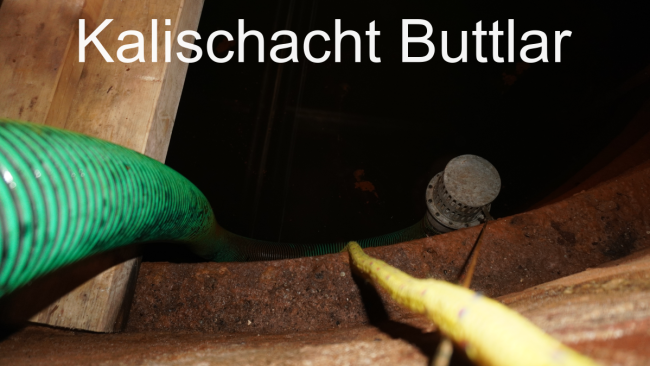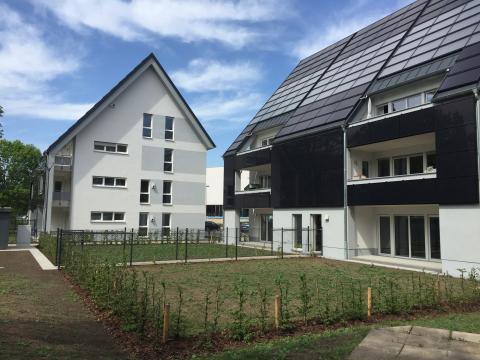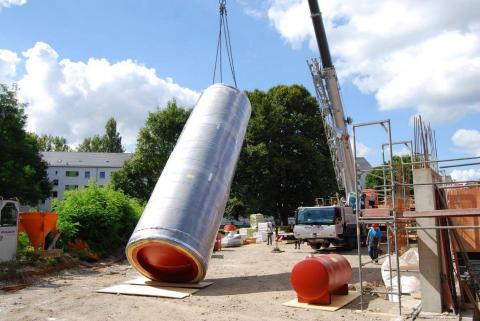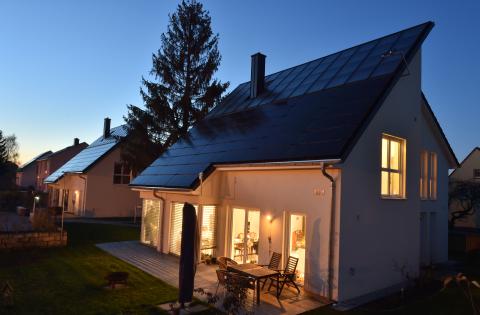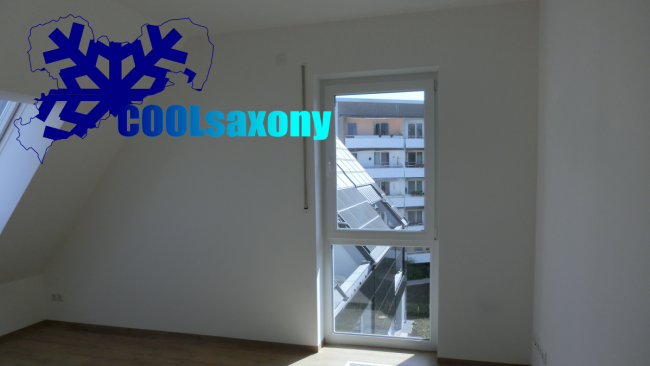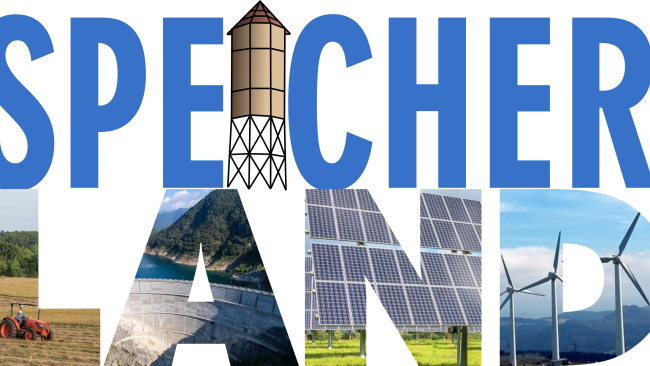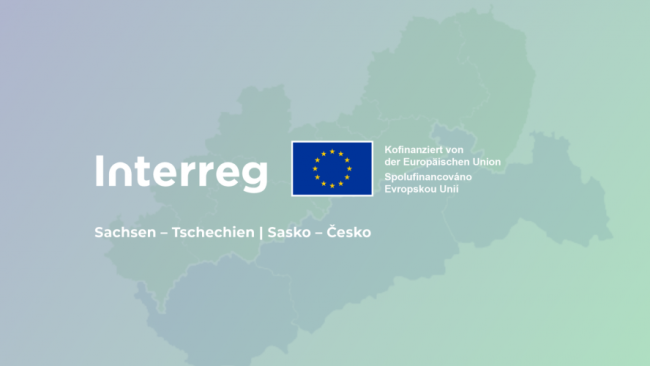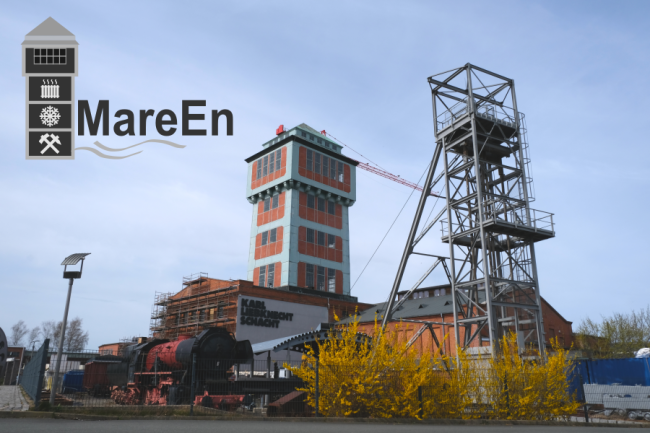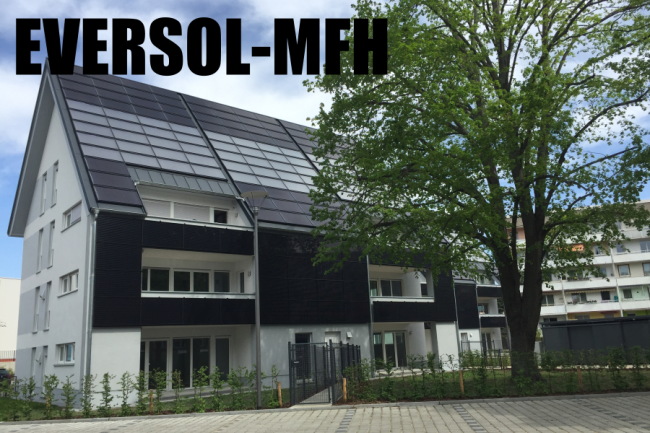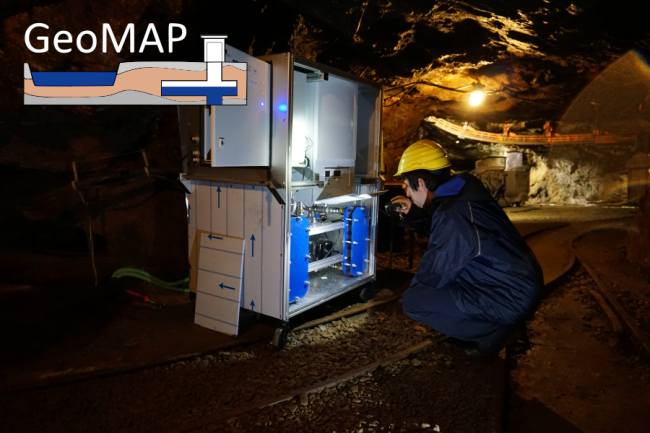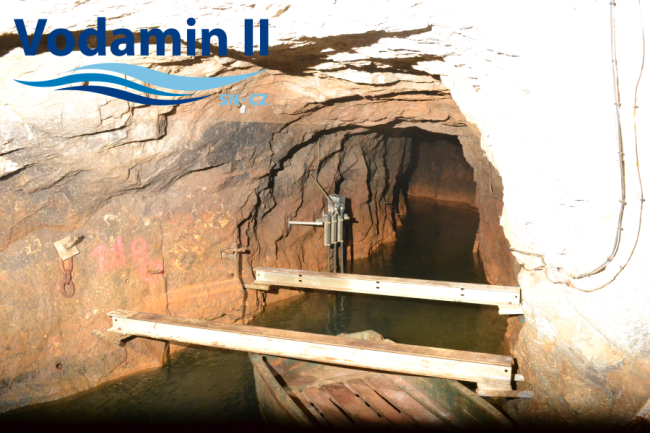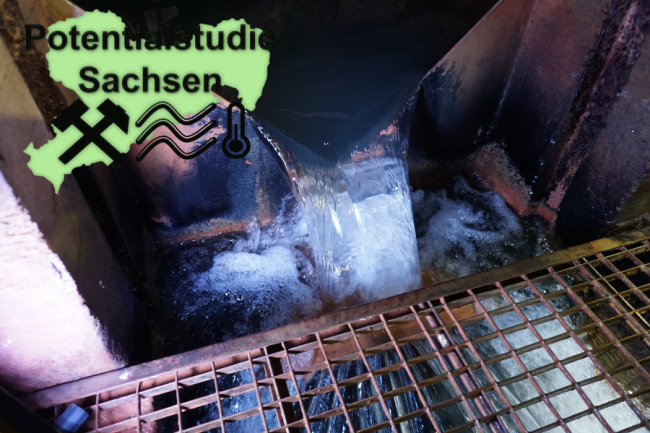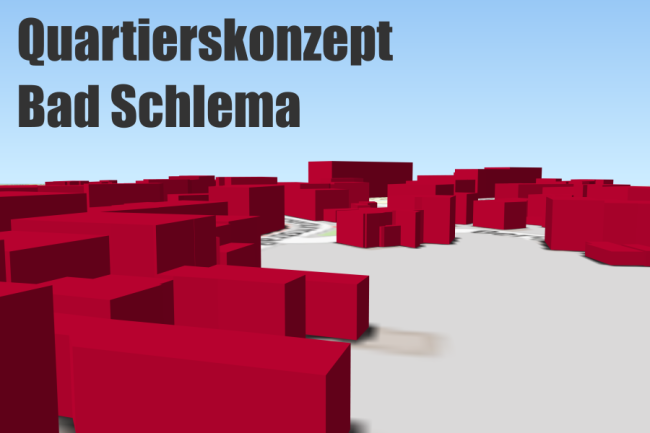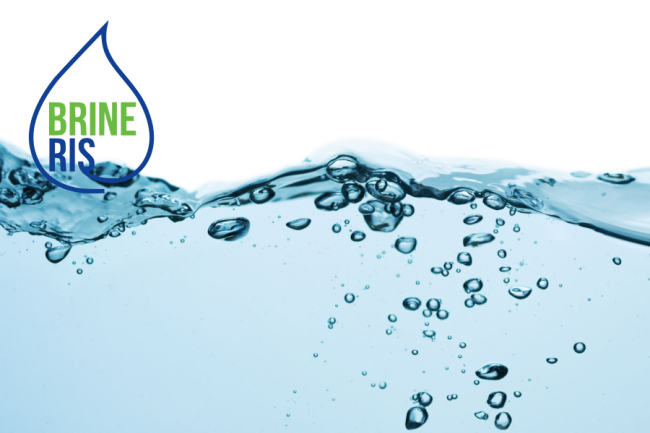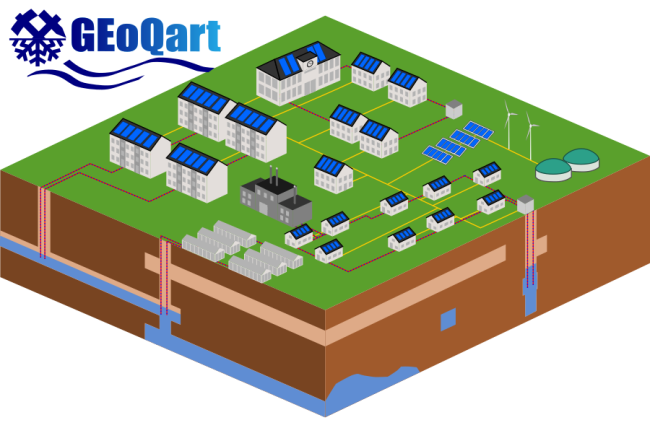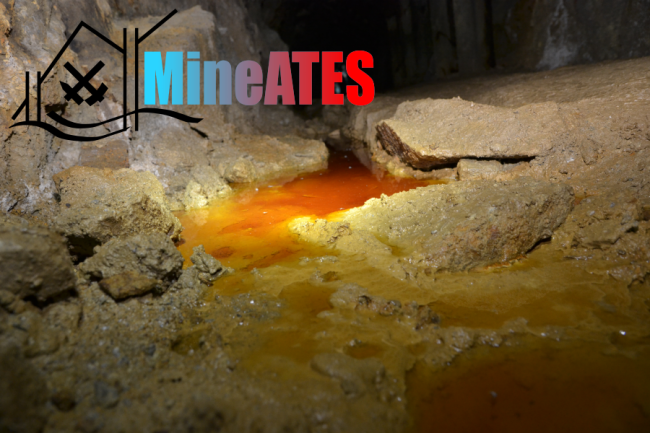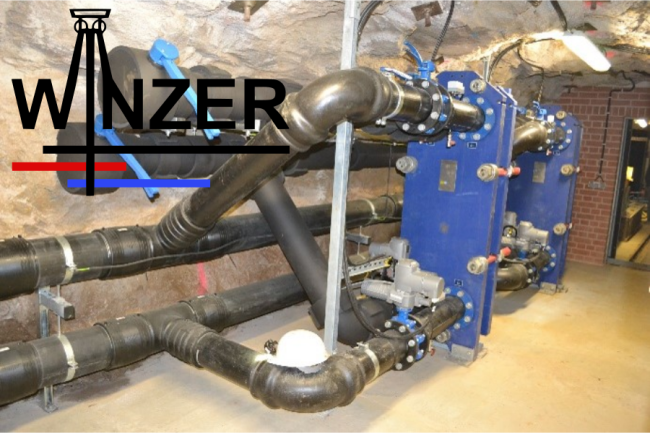
The research group Process Engineering Material and Process Data deals with research issues relating to heat transport - from basic principles such as determining the heat transport coefficient to applications in energy self-sufficient buildings or in the energetic utilisation of mine water.
Grubenwasser als Wärmequelle zum Heizen - "Die Echse" macht sich schlau an der TUBAF
Video shoot on the energy self-sufficient houses in Cottbus

Dr.-Ing. Thomas Grab
Head of the research group Process Engineering Material and Process Data
Professorship for Technical Thermodynamics
Lampadius-Bau
Room 303
Gustav-Zeuner-Straße 7
09599 Freiberg
+49 3731 39-3004
Thomas [dot] Grab [at] ttd [dot] tu-freiberg [dot] de
Other members of the research group
| Name, first name | Title | Telephone | |
|---|---|---|---|
| Ebel, Tom | M.Sc. | +49 3731 39-2276 | Tom [dot] Ebel [at] ttd [dot] tu-freiberg [dot] de |
| Gruhn, Richard | Dipl.Ing. | +49 3731 39-3004 | Richard-Vinzenz [dot] Gruhn [at] ttd [dot] tu-freiberg [dot] de |
| Khajryan, Kabriil | M.Sc. | +49 3731 39-3155 | Kabriil [dot] Khajryan [at] ttd [dot] tu-freiberg [dot] de |
| Oppelt, Lukas | Dipl.-Wi.Ing. | +49 3731 39-3277 | Lukas [dot] Oppelt [at] ttd [dot] tu-freiberg [dot] de |
| Raithel, Fritz | M.Sc. | +49 3731 39-3185 | Fritz-Raithel [at] ttd [dot] tu-freiberg [dot] de |
| Tausendfreund, Lucas | Dipl.-Ing. | +49 3731 39-2276 | Lucas [dot] Tausendfreund [at] ttd [dot] tu-freiberg [dot] de |
| Wunderlich, Timm | MBA. | +49 3731 39-3276 | Timm [dot] Wunderlich [at] ttd [dot] tu-freiberg [dot] de |
Fields of research
Energy self-sufficient buildings and neighbourhoods
In view of the energy transition and the goal of a climate-neutral building stock by 2050, decentralised energy supply with renewable energies in buildings and neighbourhoods is essential.
Focus of work:
- Energetic detailed monitoring of building energy supply (solar energy application with high degrees of self-sufficiency)
- Visualisation of measurement data from single-family and multi-family homes
- Investigations into the operating characteristics of individual system components (solar thermal systems, heat storage, PV systems, battery storage, etc.).)
- Assessment of indoor air comfort
- Technoecological comparisons of different energy systems
Contact person
Dr.-Ing. Thomas Grab
Dipl.-Wi.-Ing. Lukas Oppelt
Energetic mine water utilisation and near-surface geothermal energy
In order to achieve decarbonisation of the energy supply in the future, the energy required for heating and cooling buildings is a key lever. Both near-surface geothermal energy and the special form of energy utilisation of disused, flooded mines are very well suited for this. In the case of mine water geothermal energy, particular attention is paid to avoiding fouling through innovative heat exchanger design.
Work focus:
- Fouling in the heat exchanger: Increasing efficiency through innovative design
- Determination of potentials
- Development of land utilisation concepts
- System monitoring
- Heat pump concepts
- Economic efficiency considerations
Contact person
Dipl.Wi.-Ing. Lukas Oppelt
MBA. Timm Wunderlich
Oxygen separation
Oxygen is one of the world's most important chemical intermediates. In order to reduce the energy required for this production, O2 separation with mixed conductive ceramic membranes is being investigated. The focus at the Chair is on establishing processes that only utilise (waste) heat and require no or very little electrical energy.
Focus of work:
- Investigation of the oxygen permeability and water vapour stability of various ceramic materials for oxygen production
- Development of a vapour circulation process with a self-sufficient heat transport system with the highest possible degree of heat recovery and minimised electrical energy input
Contact person
Energy-efficient heat and mass transport (e.g. heat pipes)
The transport of heat over a small cross-sectional area and heat transport with as little effort as possible is a central issue, for example, in the utilisation of renewable energies such as geothermal energy.
Focus of work:
- Studies on film distribution in phase change probes with internally structured pipes
- Pump-free heat transport with thermosiphons and reverse thermosiphons
- Studies on the heat pipes with different fluids, e.g. nanofluids
Contact person
Basic research for industrial applications
Focal points of work:
- Determination of heat transfer coefficients
- Droplet condensation
- Film evaporation
- Film condensation
- Investigations into the wetting behaviour of liquids
- Film distribution and contact angle determination
- Coating of components in the automotive industry
- Optimisation of heat exchangers
Contact person
Heat integration
A large proportion of this thermal energy goes unused as waste heat. Due to the increasingly sharp rise in fossil fuel prices as a result of global political factors and global warming, it is important to take measures to increase the efficiency of industrial processes, conserve resources and, ideally, create new ones while reducing greenhouse gas emissions. It is therefore important to utilise industrial waste heat as efficiently as possible.
Focus of work:
- Development of measurement concepts
- Gathering of relevant process data (temperature, volume flow, pressure, etc.).)
- Evaluation and visualisation of the measurements
- PINCH analysis
Contact person
Research projects
